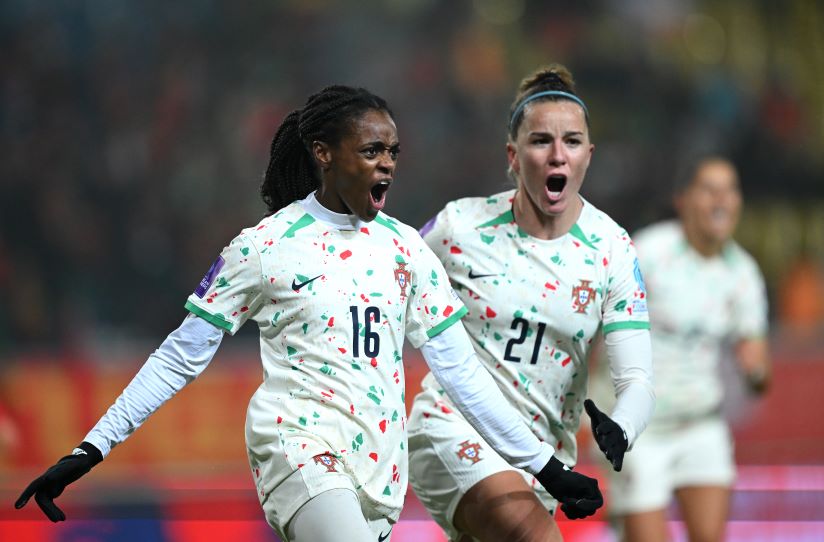Champions of Wellbeing: What the Women’s Euros Teach Us About Children’s Mental Health

As the roar of crowds begins, the lasting impact of this global sporting event goes far beyond the final whistle. For many children, the tournament isn’t just about football — it is a moment of inspiration, emotion, and connection. In the wake of the women’s Euros, it’s the perfect time to explore how sport, community, and culture intersect with children’s well-being.
Childhood is a formative time for developing emotional resilience, self-esteem, and social bonds. Yet according to global health bodies, rates of anxiety and emotional distress among children have been rising. The pressures of the digital age, academic demands, and post-pandemic readjustments continue to affect young minds. Children need emotional, physical, and social spaces to thrive.
Watching the women’s Euros unfold is like watching a masterclass in emotional literacy:
- Teamwork shows how to collaborate even under pressure.
- Defeats highlight the value of coping with disappointment.
- Comebacks inspire perseverance.
- Celebrations offer a glimpse of unfiltered joy.
Children absorb all of this. Whether playing in their local parks or watching with family, football becomes a lens through which they can explore complex emotions in an accessible, relatable way. These shared moments can foster home and school discussions about feelings, empathy, and resilience.
For children who often feel isolated — whether due to bullying, social anxiety, or just the usual awkwardness of growing up — shared experiences like international sports can create a sense of belonging. This year’s tournament isn’t just about national pride. It is about:
- Supporting underdogs
- Admiring role models from different backgrounds
- Joining conversations that bring communities together
Feeling part of something bigger is a key component of positive mental health. And for many children, even a sticker book, a jersey, or a backyard kickabout connects them to that sense of inclusion.
If we take cues from football, here’s what adults can do to nurture children’s well-being:
- Celebrate effort, not just results. Just as fans support their teams regardless of outcomes, children need praise for participation and courage.
- Encourage community play. Safe, inclusive spaces for kids to play and interact are vital for social and emotional development.
- Normalise emotional expression. Watching players cry, cheer, or support one another sends a powerful message: all feelings are valid.
- Host a “Well-being World Cup” where children earn points for acts of kindness, teamwork, and self-care.
- Use football metaphors in mental health education, such as “What’s your goal this weekend?” and “Who’s on your support team?”
- Create art or writing projects where children reflect on moments that inspired them during the tournament.
The Euros will shortly end, but their energy lives on—in playground games, kitchen-table conversations, and the imaginations of children who dream big. Let’s use this moment to champion well-being like we cheer for our favourite teams: with heart, unity, and hope.